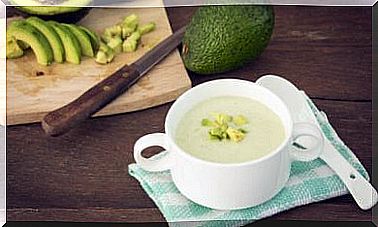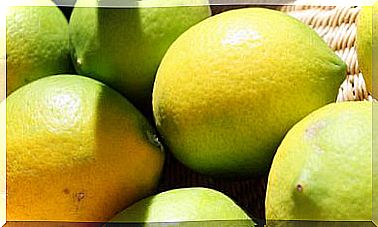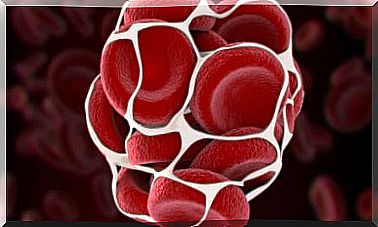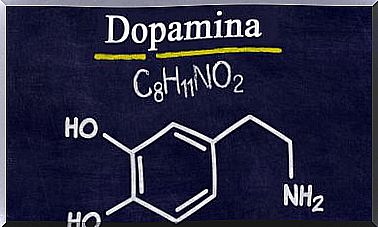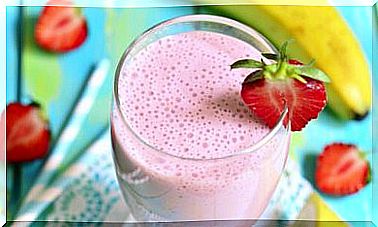Abortive Plants Prohibited In Pregnancy
Did you know that some medicinal plants could cause a miscarriage? Find out everything here.

Did you know that there are some plants that you should not take while you are pregnant? Usually, they are known as abortifacient plants, since they can cause serious damage to the health of your child, even triggering a spontaneous abortion. We tell you all about it in this article.
Abortive plants to avoid during pregnancy
The plants known as abortifacient have within their compounds some active principles that can favor the start of contractions, thus triggering an abortion, especially during the first months of pregnancy.
For this reason, the intake of medicinal plants is not usually recommended to pregnant women, unless they have a prescription and medical supervision. Before consuming natural teas, consult your doctor about it.
Abortive plants prohibited in pregnancy
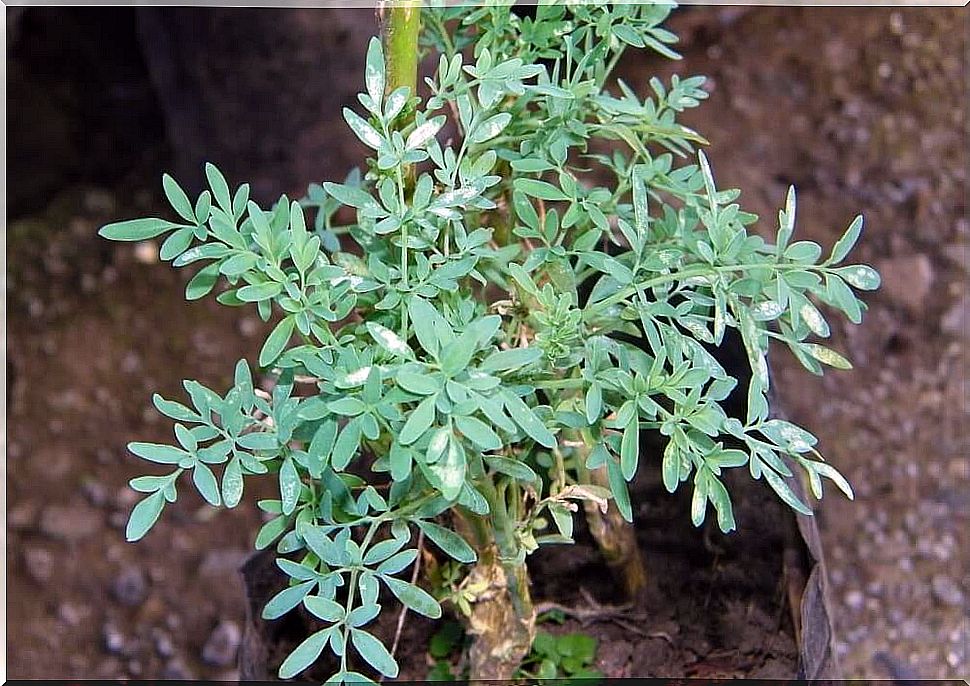
Take note of those plants that could cause health problems for your baby and even yourself to avoid them during pregnancy. Next, we tell you which are the abortive plants that you should avoid ingesting:
- Wormwood
- Verbena
- Rue
- Boldo
- Yarrow
- Licorice
- Sage
- Tansy
- Fárfara
- Pennyroyal mint
- Arnica
- Herb of St. Mary
- Ginkgo biloba
Regular consumption of infusions made with these plants can cause some complications, especially during the first trimester of pregnancy, although its consumption in the second and third trimesters is also discouraged. Among the possible problems we find:
- Increased blood flow in the uterus.
- Provocation of uterine contractions.
- Induction of premature labor or abortion.
- Harmful effects on the health of the fetus.
- Bleeding, which can lead to the loss of the fetus.
- Vomiting and nausea
- Diarrhea.
- Numbness.
As we have already told you at the beginning of this article, consult your doctor before ingesting any of these medicinal plants. Remember that during pregnancy you should pay special attention to your diet to take care of your health and that of your baby.
Consumption of infusions with abortive plants and risk of abortion
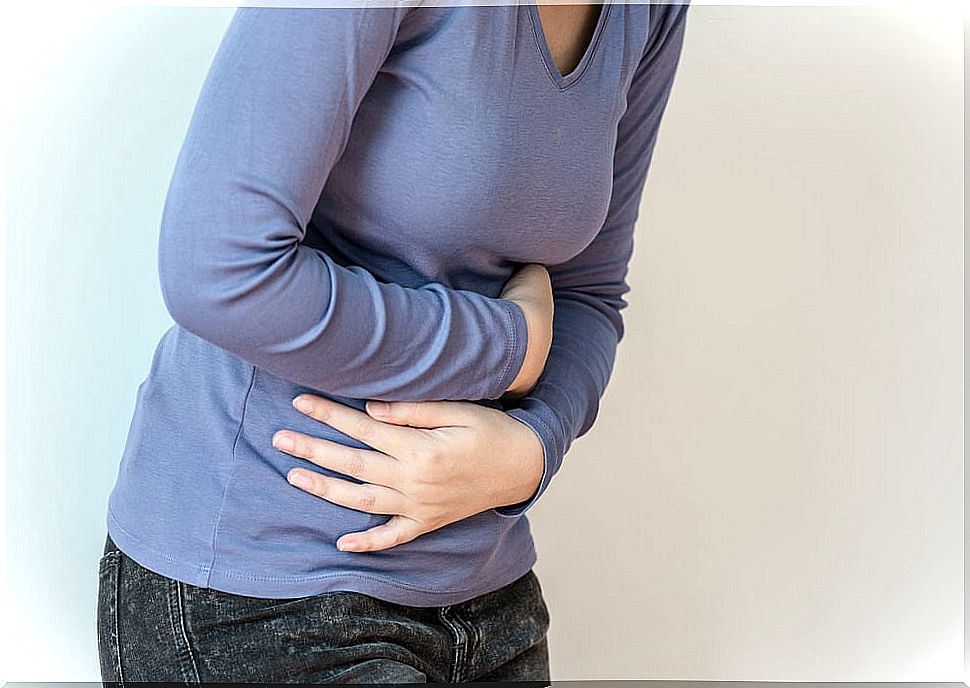
Many women consume infusions of one of the plants mentioned above in an attempt to minimize their intake of caffeine, which, it is known, should not exceed 300 mg daily. Remember that caffeine is also present in tea, some soft drinks and chocolate.
Now, does this information mean that if you have had a wormwood tea you have a high risk of abortion? In general, it is considered that the risk of miscarriage increases when consumption is regular and habitual. That is to say that if you have ingested a tea of any of these abortifacient plants before knowing that they could be harmful, there is no danger.
When in doubt, we recommend that you approach your doctor to request his opinion and remain calm, for your health and that of your child. No one can guide you better than the specialist.
Beneficial drinks for pregnant women
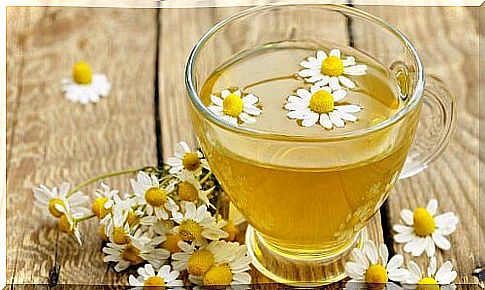
We have already seen which infusions are not recommended during the pregnancy stage, now we present some options with which you can replace the coffee or black tea for breakfast:
- Chamomile : its digestive properties can help you if you have difficult digestions. In addition, it can help you fight insomnia.
- Red tea: does not contain theine, for this reason it is usually recommended in pregnancy. Its antihistamine properties make it a good option for pregnant women with allergies.
- Linden: famous for its calming properties, it can help you reduce anxiety and sleep peacefully.
- Ginger – Ginger tea is often used to relieve stomach upsets such as nausea and vomiting.
- Raspberry Leaves – Raspberry leaf tea is often recommended by grandmothers when labor is approaching, due to its purported benefits for toning uterine muscles.
Note : Although these infusions do not usually cause problems in pregnant women, before ingesting them, consult your doctor.
If you are pregnant, you must take special care with your diet and hydration. Pay attention to everything you eat to avoid harming your health or that of your little one.

